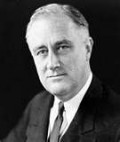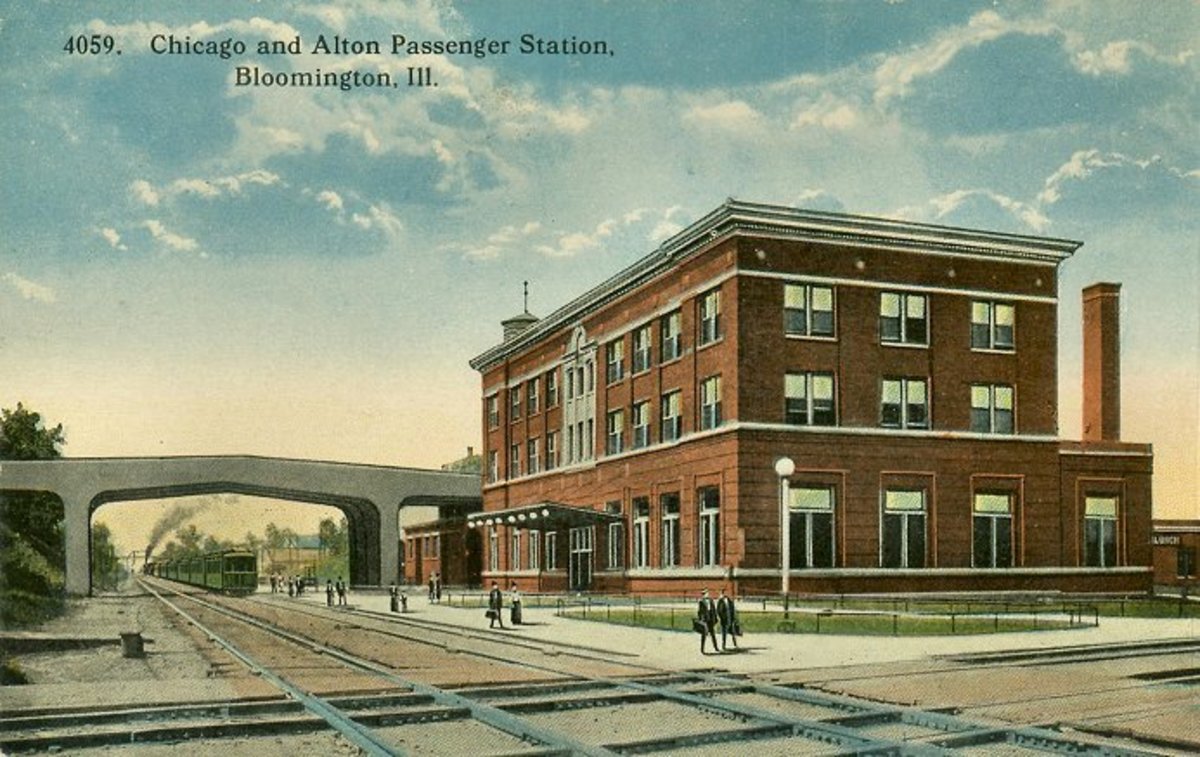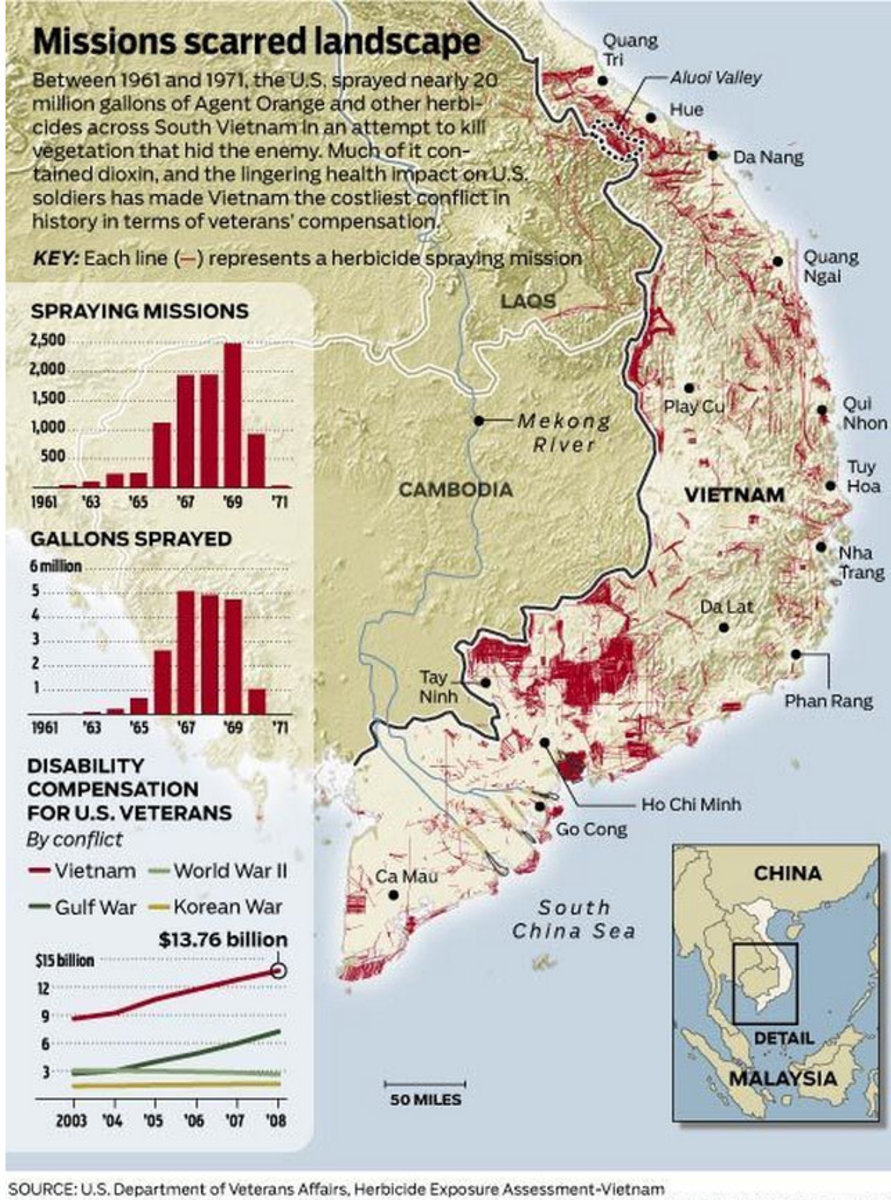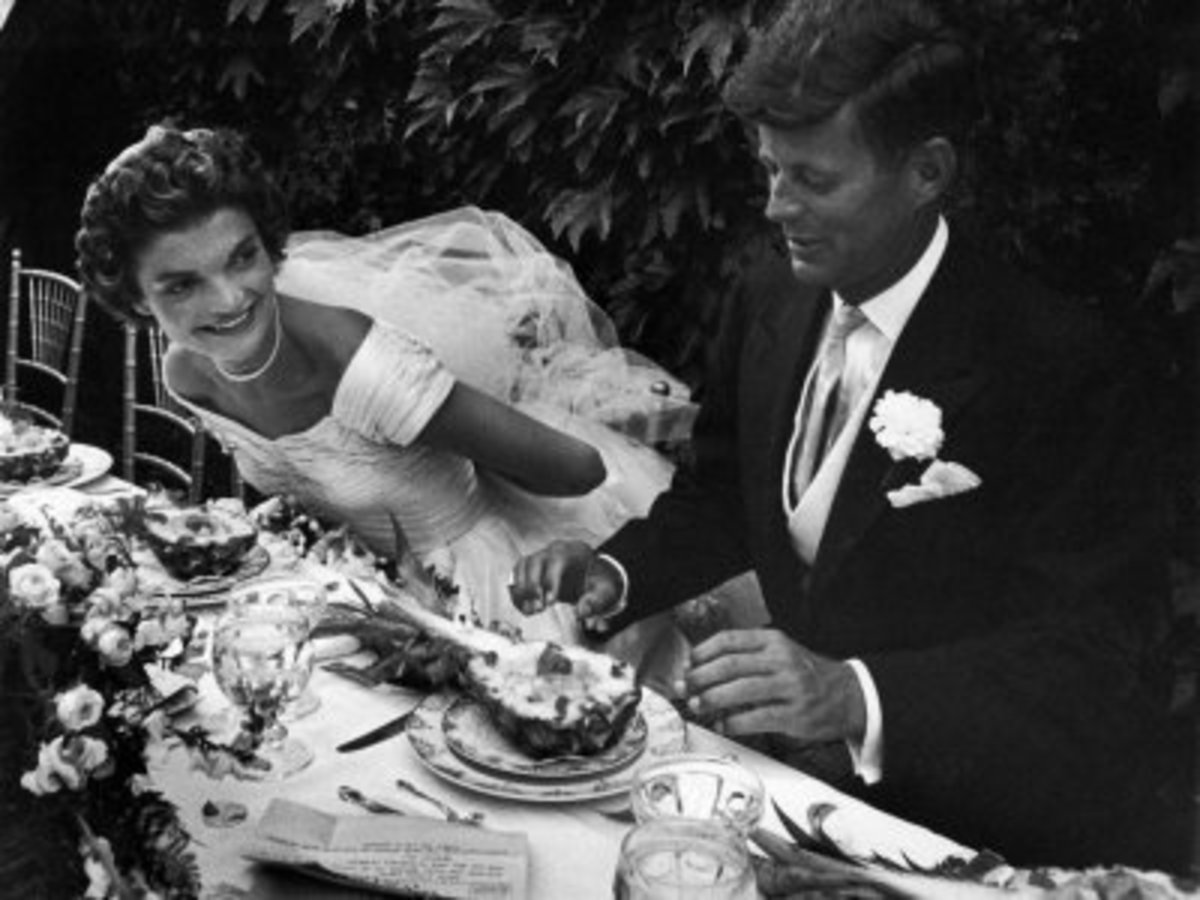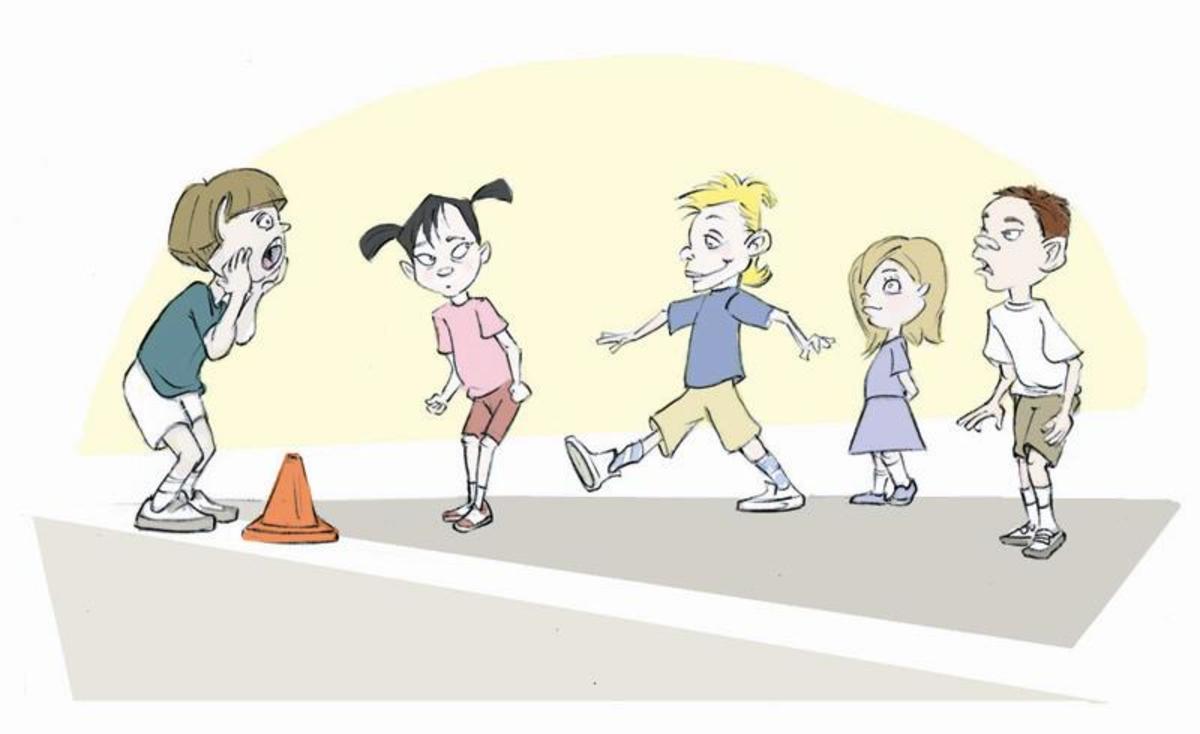Tom Vandeventer Gave His Life for His Country
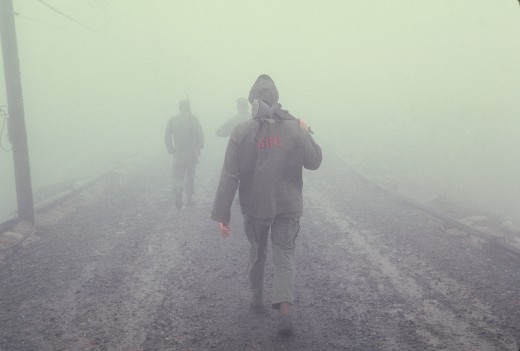
Tom Vandeventer died Oct. 23, 2004 in his cabin near Ellijay, Georgia. He gave his life for his country on Sept. 30, 1970 in Vietnam.
You may remember the "Forgotten Hero" article written by David Horn that appeared in The Bloomington Herald-Times on December 26, 2000. David described the wounds inflicted on driver Tom and his tank commander John Booth by an improvised explosive device (the term in vogue these days) placed by the Viet Cong. Their M551 Sheridan was destroyed, Tom and John nearly so. Each had saved the other's life before. That day it was John's turn to pull Tom, unconscious, burned, and broken from the flaming wreckage. They were evacuated to separate field hospitals. For 30 years, each thought the other was dead. Tom found John in Oklahoma through information gained at an 11th Armored Cavalry reunion. John provided the documentation needed to obtain proper veterans benefits for Tom, who had battled administrative adjudicators – and other demons – for decades.
After Mr. Horn's article was published, John fell into and out of love with an Indiana woman but continued to live near Bloomington. Tom's 100 percent service connected rating from the Department of Veterans Affairs, albeit based on unemployability, came through in 2001. The 100 percent was declared permanent and was based on his actual disabilities after he appeared, for yet another battle, at a hearing in Indianapolis before a Board of Veterans Appeals veterans’ law judge in 2003. The highest honor I have ever had was to "represent" Tom, but he did the work. He educated the BVA representative that day — those of you who knew Tom will know what that means. The frustration with bureaucratic hurdles he expressed echoed his bar fights of the late 1970s. Tom was tenacious and tough enough to operate heavy equipment for a time after the war in spite of his arthritic spine, but he self-medicated with alcohol to numb more than just physical pain.
Parts of the Tom Vandeventer story are miraculous: the Armored Cav decal in the rear window of a pickup truck that led Tom to the reunion; John Booth's having burned all his Vietnam photographs EXCEPT for those showing Tom and the circumstances preceding the explosion; Tom's stopping his excessive drinking (Tom had no problem taking the VA medication for his post traumatic stress disorder — it stopped his nightmares.); and Tom being on a first-name basis with Jesus the last years of his life.
Jesus stood by Tom; some others did; some did not. He always honored his mother, who has always been there for Tom — even during the times he felt he did not deserve that faithfulness. Tom married a younger woman in 2003. She left him a few months later. John Booth, who abhorred weapons of any kind after the war, became fascinated with guns. After sharing a meal and sitting together with Tom on Tom's Clear Creek porch one afternoon in 2003, John went home and put a bullet through his brain. Neither John nor Tom could rid themselves of the terrors of war. The miracle of this particular horror was the timing: John could easily have taken his own life years before the reunion with Tom, and never have provided the information critical to Tom's recent compensation and medical care.
War is the gift that keeps on taking. Tom's heart, weakened by years of alcohol and Agent Orange-caused ischemic problems and diabetes mellitus type II, gave out and took his life in 2004 just as surely as would have a bullet — or an improvised explosive device — in 1970. He volunteered to help Monroe County veterans, especially those with post traumatic stress disorder, seek and obtain benefits. He never had the chance to do so. He never had the chance to do many of the things we take for granted, we who live pain-free lives, we who did not sit in the driver's seat of a Sheridan that hot, humid morning in 1970. We are the lesser for losing Tom.
McNamara now says that the Vietnam War was a mistake. Johnson sold the war to Congress. Nixon continued it through 1972 to ensure his reelection. I'm not sure, in light of the events of 1975, how that war served the national interests of the United States — how whatever we gained was worth the 58,307 American dead listed on the Wall, the hundreds of thousands disabled, and lives painfully twisted such as Tom's. I envy the World War II veterans who knew then and now that their war was just and absolutely necessary, although I certainly do not envy their hardships. The United States, under the United Nations banner, saved the Republic of Korea. The debate continues regarding what the overall effect will be, beneficial or detrimental, upon the national interests of the United States due to Operation Iraqi Freedom.
The debate is over for Tom. He set the example for dealing with adversity, turning his life around and helping others. I pray we can honor him by only pursuing wars that — if this is possible — merit the sacrifice of such good men and women.


